Buying a house is an important investment, and it can seem like an impossible dream if you don’t have a lot of money in the bank.
Of course, being able to increase your income would make it easier for you to save money and to be able to afford to buy a house. However, it also depends on the house you want to buy, which affects how much money you need to save. If you want to live comfortably, speak to a real estate agent to get an accurate estimate of the luxury homes for sale. It can help you determine whether you are on the right track to save money to buy the house of your dreams.
These eight tips will show you how to save money to buy a house, even if you can’t get a raise or are not interested in starting a side hustle.
1. Make it a priority
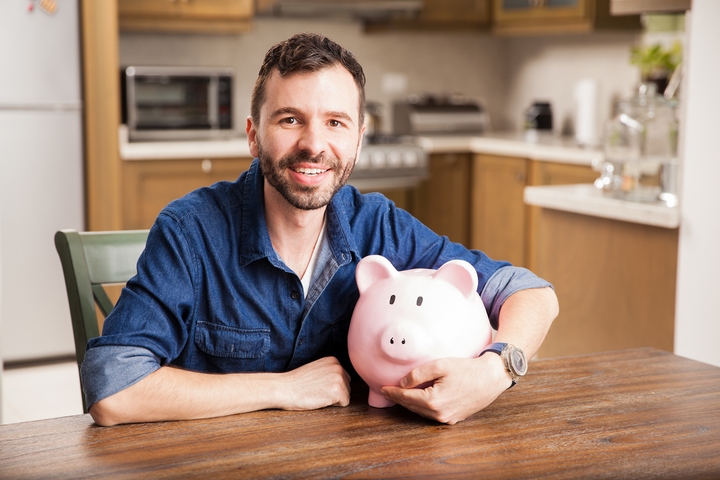
If you want to save money to buy a house, you must make this goal one of your priorities. Make your monthly budget, and ensure your savings account is where at least a good part of your income is going month after month.
Saving money to buy a house is one of your priorities, so now is not a good time to buy a second car or take a long, expensive vacation. Keep your eyes on your long-term goal, and save money whenever you can.
2. Make a few changes to your lifestyle

If you can’t earn more money, you must make the most of your income by cutting unnecessary expenses.
This doesn’t mean you have to stop doing fun things. Only that you should look for cheaper ways to enjoy the things you love, and you will have to make a few sacrifices.
Instead of regularly eating out, do it less often, and choose restaurants where you can use coupons. Borrow movies or books instead of buying new ones, and prepare your coffee instead of buying it at the coffee shop.
Over time, these small lifestyle changes will add up.
3. Be sure to pay off your debt
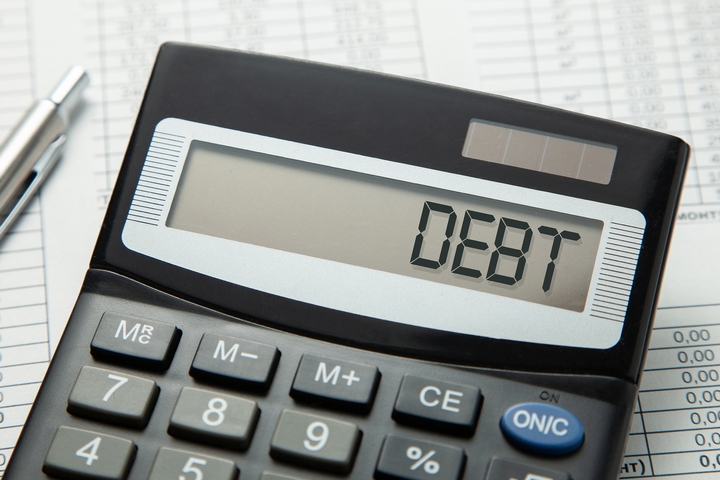
Before you even start to save money for your house, pay off your debt. It doesn’t make much sense to try saving money while you have to pay high interest on purchases you made months or years ago.
Look at your different debts, and start by paying off the one with the highest interest rate. Then, focus on paying off the debt with the highest interest rate, and keep going.
You can start saving when you don’t owe anyone any money anymore.
4. Save for an emergency fund first
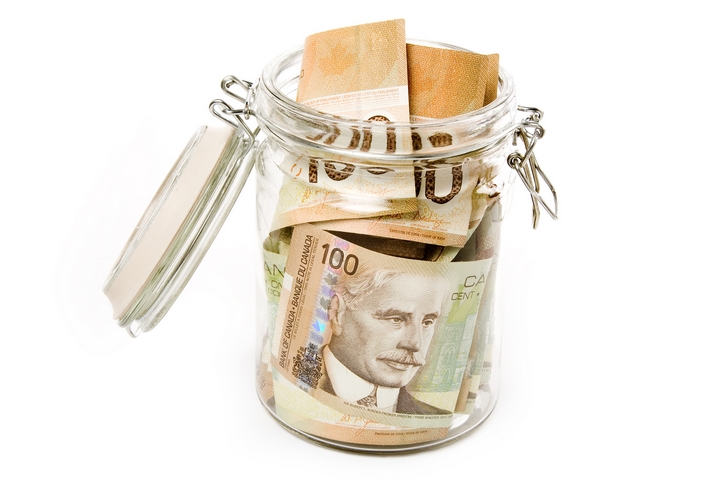
Saving enough money for a down payment will be a long process. In fact, before saving money to buy your house, you should ensure you have an emergency fund.
Ideally, you should have saved enough money to cover at least three months’ expenses. If you have to face unexpected expenses, you will rely on your emergency fund instead of having to take some of the money you saved for your down payment.
5. Save any bonus you get at work
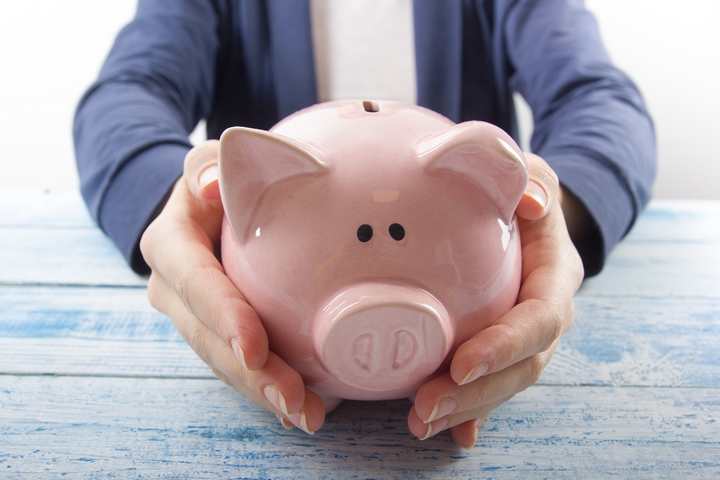
Isn’t it nice when you get a bonus at work? While using your bonus to spoil yourself and your family might be tempting, you should place it into your savings account instead.
You don’t usually use a bonus to cover your living expenses. Instead of spending it, save it for the down payment on the house you will buy someday.
6. Pay your expenses with cash as much as possible
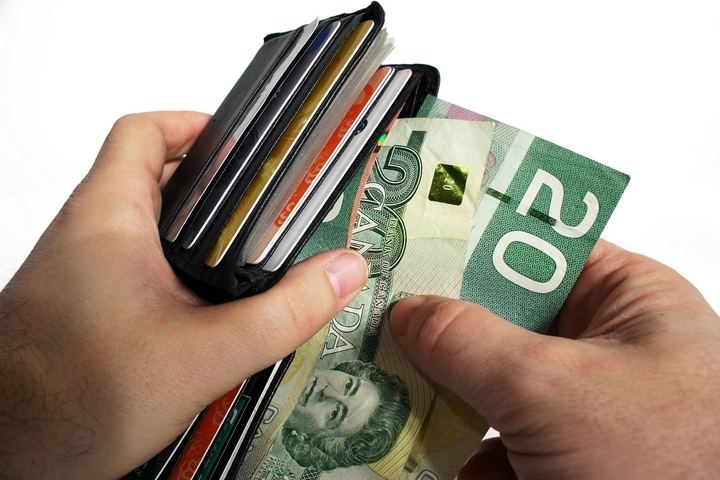
It’s easy to overspend when you pay all your expenses with a debit or credit card. If you want to spend less, try paying with cash as often as possible. This way, you will see all the money that leaves your wallet.
It will give you a better idea of how much you spend in a week and help you make more conscious decisions.
When you spend less money, you can save more.
7. Temporarily move into a smaller place

If you live in an apartment, you know your rent is one of your biggest monthly expenses. Therefore, if you are willing to make some sacrifices, you might be able to reduce that expense to save more money for your house.
This could mean moving into a smaller place or getting a roommate who will cover half the rent of the apartment you will share.
It might not be pleasant, but remember, it will only be temporary.
8. Place your savings in a tax-free savings account
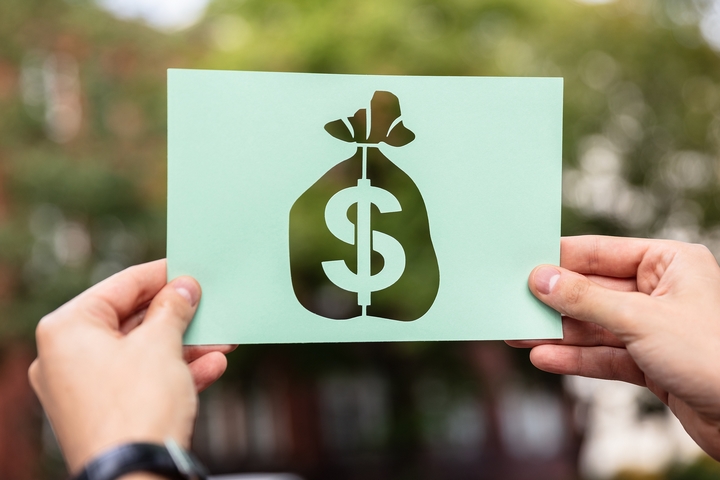
Finally, think about opening a tax-free savings account for all the money you save. Since you won’t have to pay any income taxes on your savings as they grow, you will have peace of mind knowing all your savings and interests will one day allow you to make your dream of buying a house come true.
